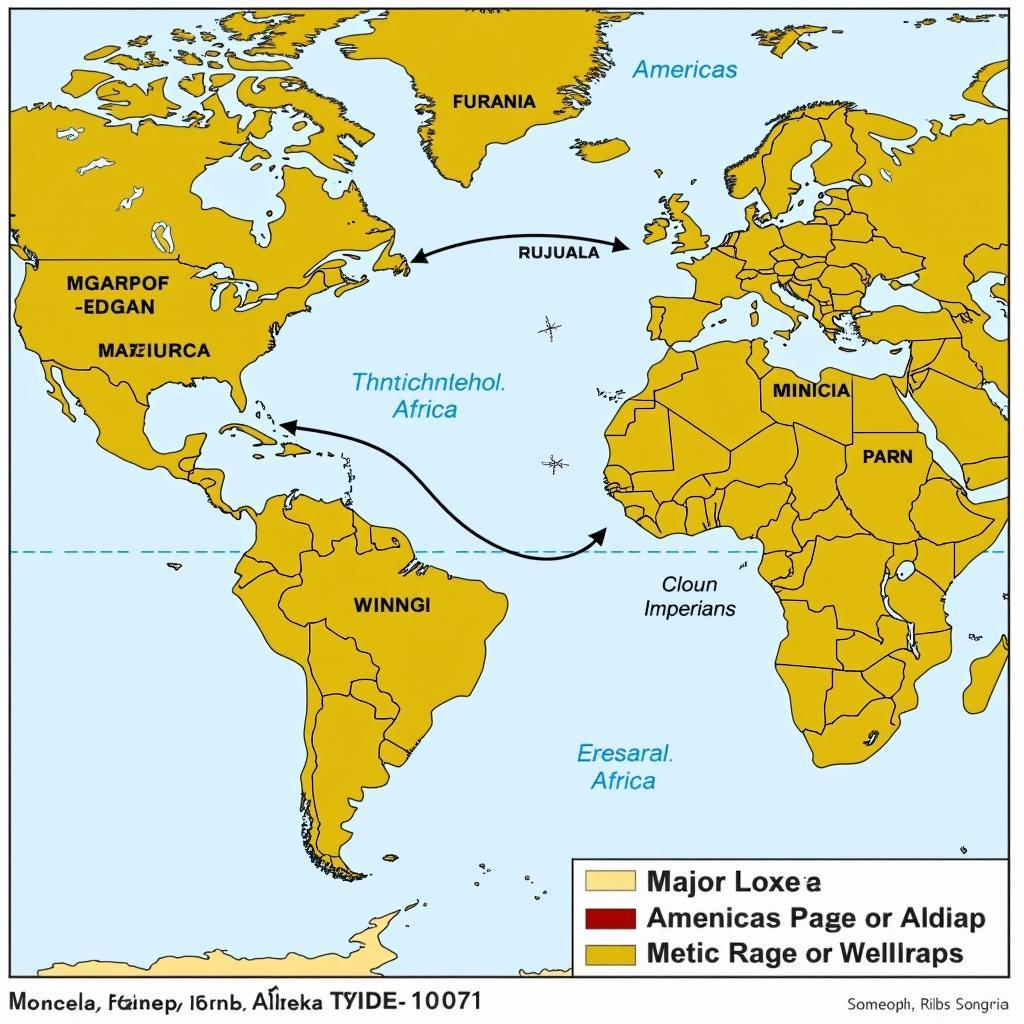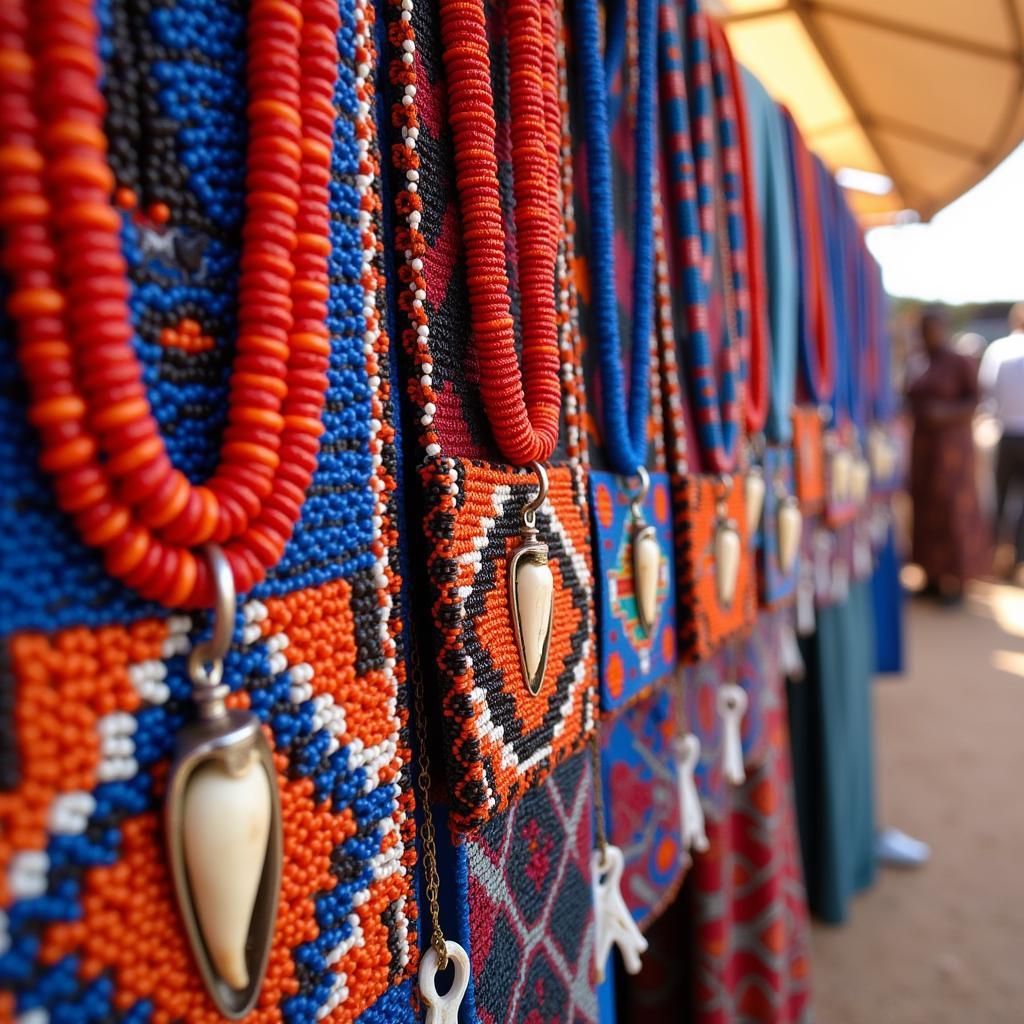The African Diaspora: A Journey Through History and Heritage
The African Diaspora History encompasses the mass dispersion of people of Sub-Saharan African descent across the globe. It’s a complex and often harrowing story, deeply intertwined with the transatlantic slave trade, yet also marked by resilience, cultural adaptation, and the formation of vibrant communities across continents. This journey through time delves into the origins, impact, and enduring legacy of the African diaspora.
From Forced Migration to Global Communities: Understanding the Roots
The African diaspora is not a monolithic experience. It’s comprised of numerous waves of migration spanning centuries, each with its own unique context and consequences. However, the transatlantic slave trade, which forcibly displaced millions of Africans to the Americas between the 16th and 19th centuries, remains the most impactful and widely studied.
 African Slave Trade Routes
African Slave Trade Routes
The brutal system of chattel slavery, primarily fueled by European colonial powers, ripped Africans from their homelands, decimated communities, and left an indelible scar on the world. This period saw the forced migration of Africans to the Caribbean, North and South America, shaping the demographics, economies, and cultures of these regions.
The Enduring Legacy: Culture, Resistance, and Identity
Despite the horrors of slavery, African culture not only survived but thrived in new environments. From music and dance forms like jazz, samba, and reggae to culinary traditions like gumbo and feijoada, the African diaspora has enriched the world with its vibrancy and diversity.
 Expressions of African Diaspora Culture
Expressions of African Diaspora Culture
The diaspora also played a crucial role in anti-colonial and civil rights movements. Figures like Marcus Garvey, W.E.B. Du Bois, and Frantz Fanon emerged as leading voices against racial injustice, advocating for self-determination and pan-African unity. Their legacies continue to inspire activism and social change.
Reclaiming Narratives: The African Diaspora Today
Today, the African diaspora remains a potent force in global affairs. From literature and art to politics and technology, people of African descent continue to make significant contributions worldwide. There’s a growing movement to reclaim and celebrate African history and heritage, challenging Eurocentric narratives and fostering a stronger sense of shared identity.
 Celebrating African Diaspora Achievements
Celebrating African Diaspora Achievements
FAQ
What is the significance of studying the African diaspora?
Studying the African diaspora helps us understand the global impact of slavery and colonialism, the resilience of African culture, and the ongoing struggle for racial equality.
Where are some of the largest African diaspora communities located?
Large African diaspora communities can be found in Brazil, the United States, Haiti, Jamaica, and the United Kingdom, among other countries.
How has the African diaspora influenced contemporary art and literature?
From the Harlem Renaissance to the Black Arts Movement, the African diaspora has produced some of the most powerful and influential art and literature of the 20th and 21st centuries, exploring themes of identity, racism, and social justice.
For more insights into the African diaspora, explore these related articles:
Do you have other questions about the African diaspora history?
Discover more about the experiences of African American living in Tanzania and explore the nuances of African blacks vs American blacks difference. Our website offers a wealth of information on African culture and heritage.
For further inquiries and assistance, feel free to contact us:
Phone Number: +255768904061
Email: kaka.mag@gmail.com
Address: Mbarali DC Mawindi, Kangaga, Tanzania.
Our dedicated customer support team is available 24/7 to assist you.

